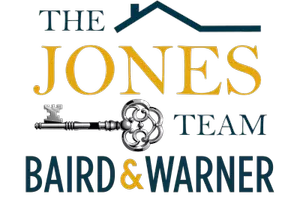The House You’re Negotiating on Is ‘Accepting Backup Offers’ - Now What?

You found the house, made an offer, and got the good news: The seller accepted. But when you check the listing a few days later, you notice it’s still marked as “accepting backup offers.” What does that mean—and should you be concerned?
In today’s competitive housing market, it’s not unusual for sellers to hedge their bets, especially during the early stages of a deal.
Here’s what to know if the home you’re trying to buy is still technically on the market.
What it means when your offer is accepted—but the listing is still open
An accepted offer is an important step, but it doesn’t guarantee that the sale will close. Between acceptance and closing, there’s a window—known as the contingency period—where several things can still go wrong.
As the buyer, you may need to secure your mortgage, complete a home inspection, or finalize the appraisal. Any one of these steps can raise red flags or cause delay. If you’re unable to get a loan or the inspection reveals significant issues and you walk away, the seller is left starting over.
That’s why many MLS listings remain marked as “accepting backup offers” even after an offer is accepted.
Until the contingencies are removed, the sale isn’t locked in, and sellers are within their rights to entertain alternatives. It can feel disconcerting, but it’s legal and increasingly common in competitive markets where sellers want maximum security.
Simply put, the home isn’t yours until you’ve closed. And the seller isn’t fully off the market until the deal is done.
Why sellers and agents seek backup offers
From a seller’s perspective, a backup offer provides insurance. A backup offer is a signed contract that becomes active, but only if the original deal collapses. This allows the seller to move forward quickly with another buyer without relisting the home or starting negotiations from scratch.
If you’re buying in a competitive market, you may even be encouraged by your agents to submit a backup offer on a house because you never know what can happen. It can put you next in line for a desirable property if the initial buyer drops out.
Sometimes listing agents also use backup offers as leverage, whether to encourage the first buyer to move more quickly, or to maintain negotiating power if new concerns arise during inspection or financing.
And because backup offers are binding, buyers submitting one should be fully prepared to go through with the purchase if the opportunity arises.
How to talk to your agent (and the seller) if you see this language
Clear, proactive communication with your agent can help you avoid surprises, whether you’re already under contract or considering submitting a backup offer.
If you’re the buyer whose offer was accepted
Ask your agent why the listing still says “accepting backup offers.” In some markets, this language is standard until all contingencies are cleared; in others, it might signal that the seller has doubts or wants to keep their options open.
Either way, make sure you’re staying ahead of every deadline (financing, inspections, and paperwork) to prevent your home purchase from stalling. The more buttoned-up your side is, the less leverage a seller has to entertain alternatives.
If you’re not the current buyer
Ask your agent if the seller is open to receiving a formal backup offer. If so, understand what you’re committing to: Your backup offer becomes a done-deal, binding if the primary one falls through. You won’t get to renegotiate terms later, so only move forward if you’re fully prepared to buy the home as is, at the agreed-upon price and timeline.
In either situation, the most important thing you can do is stay in close contact with your agent. They can make sure everyone is on the same page.
Categories
Recent Posts
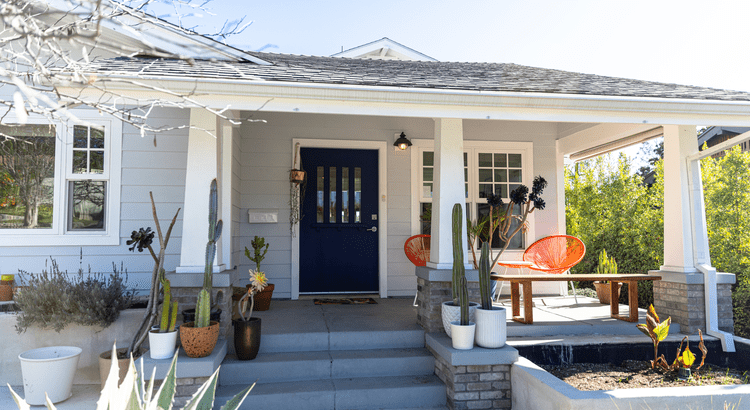
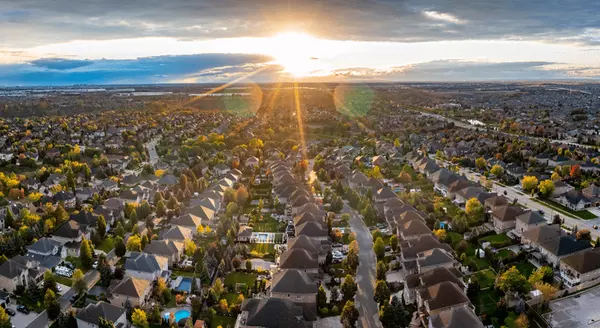
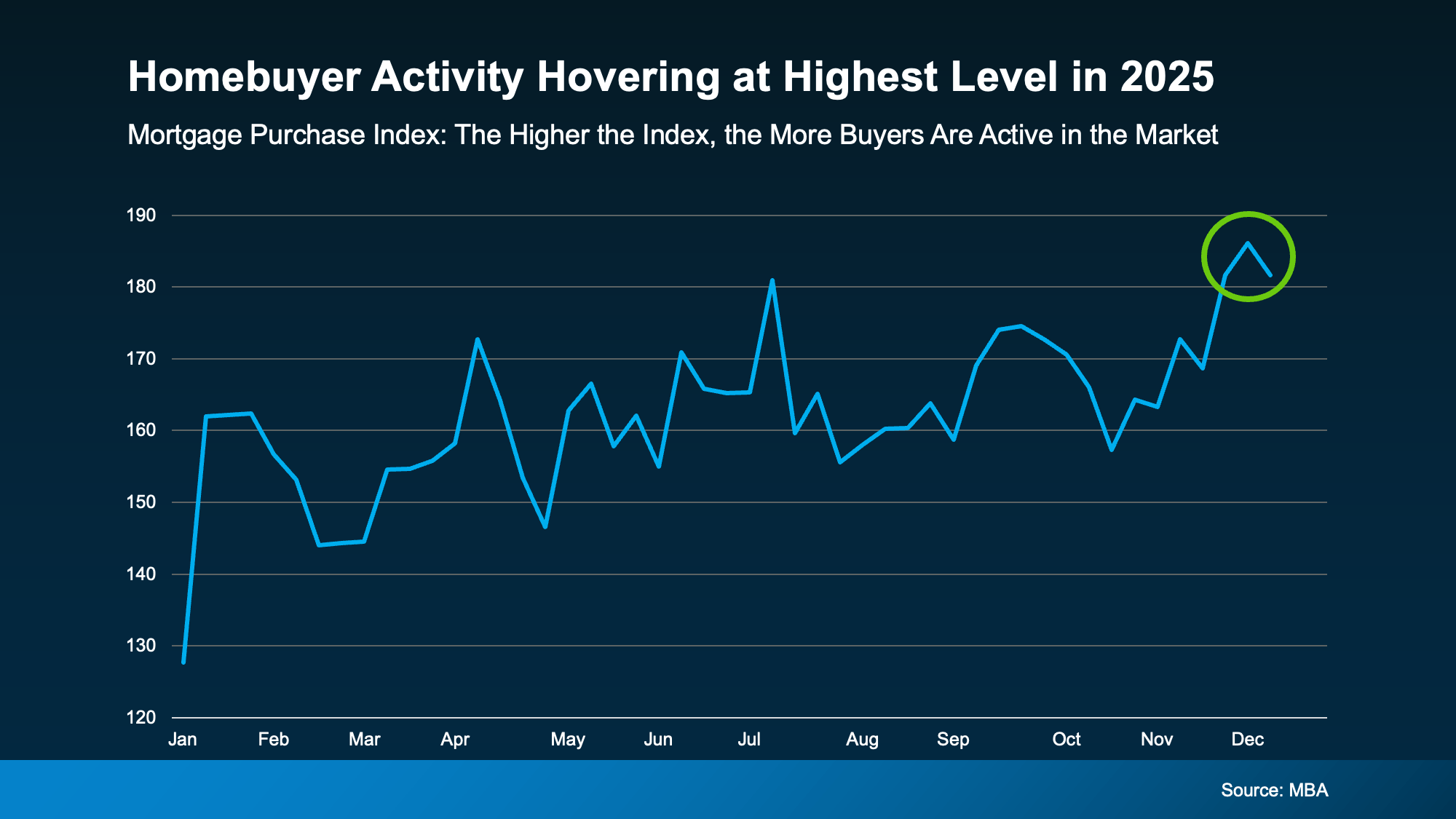
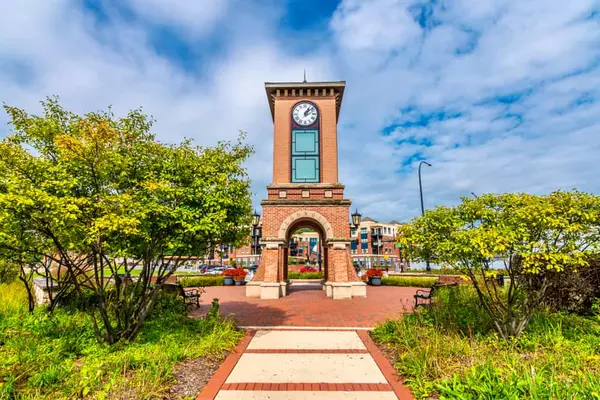


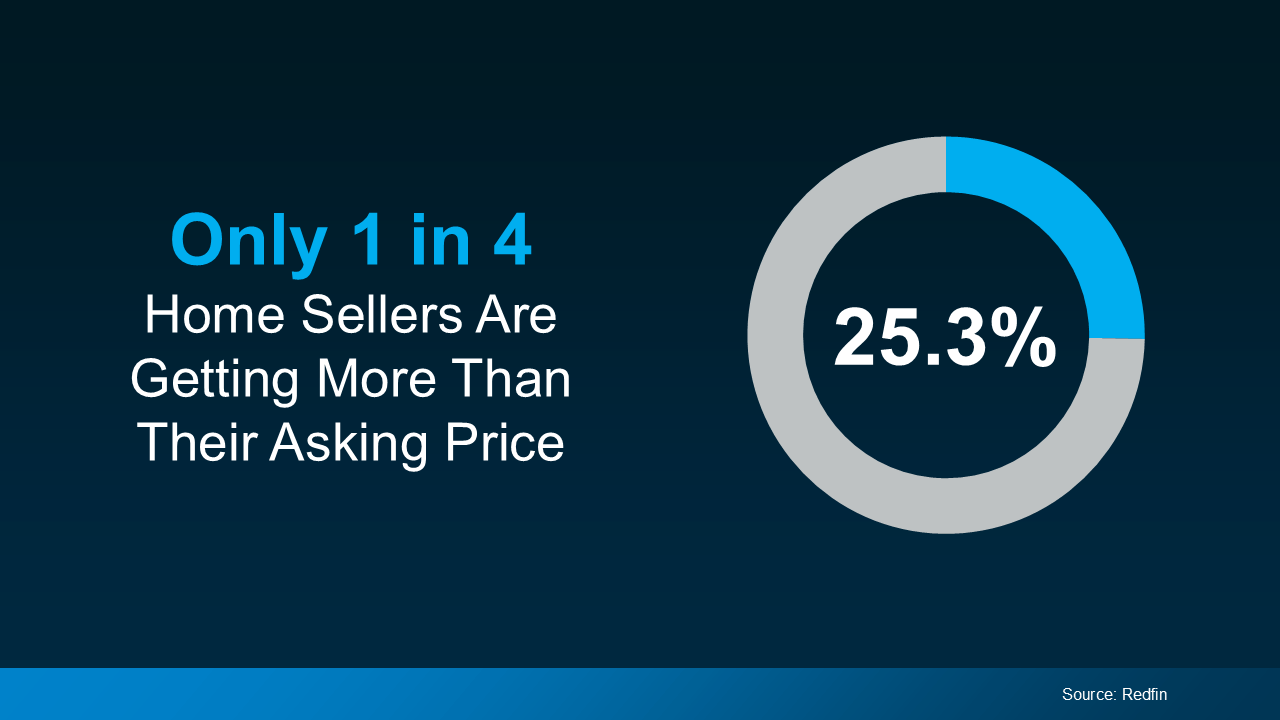

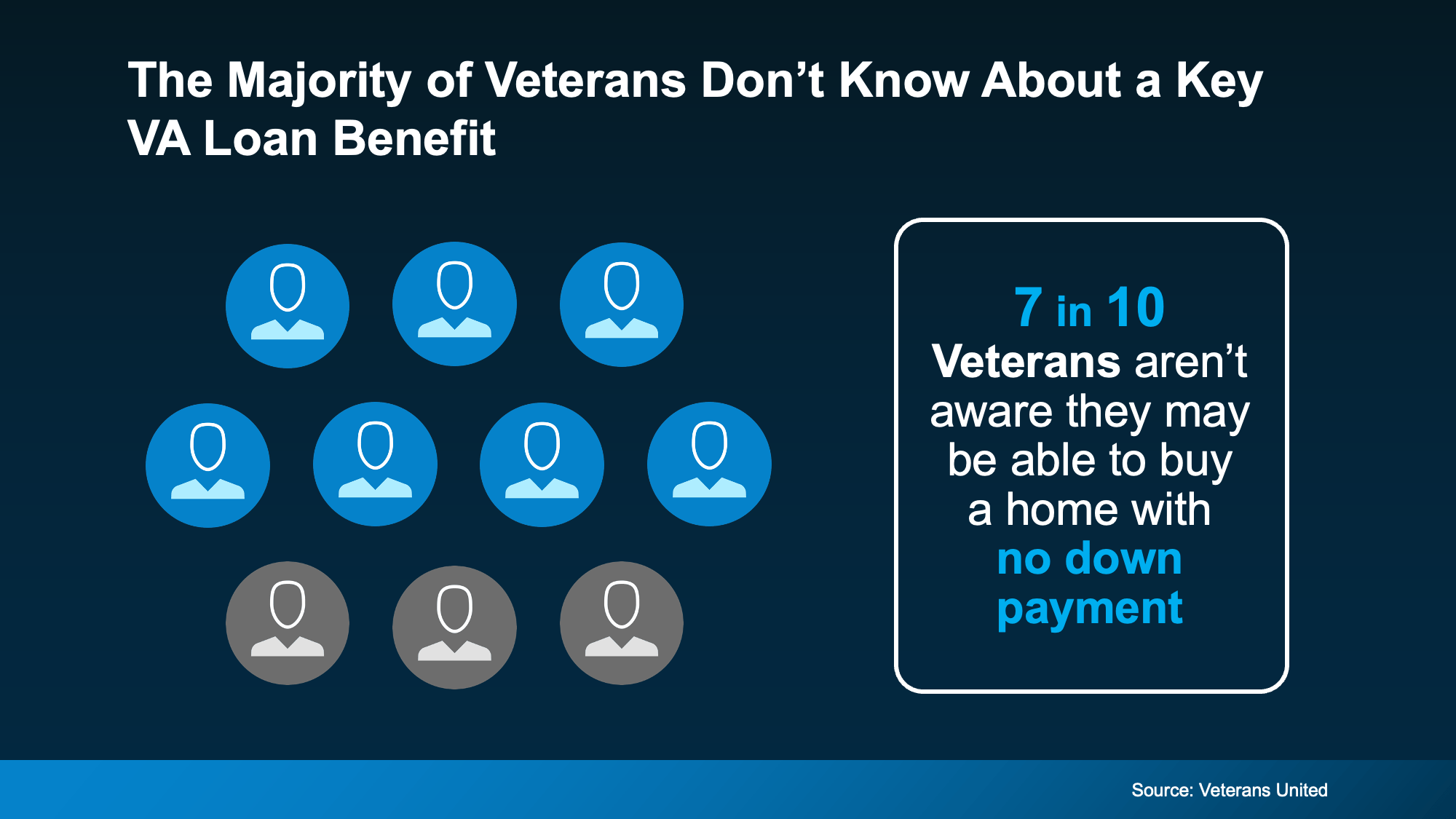
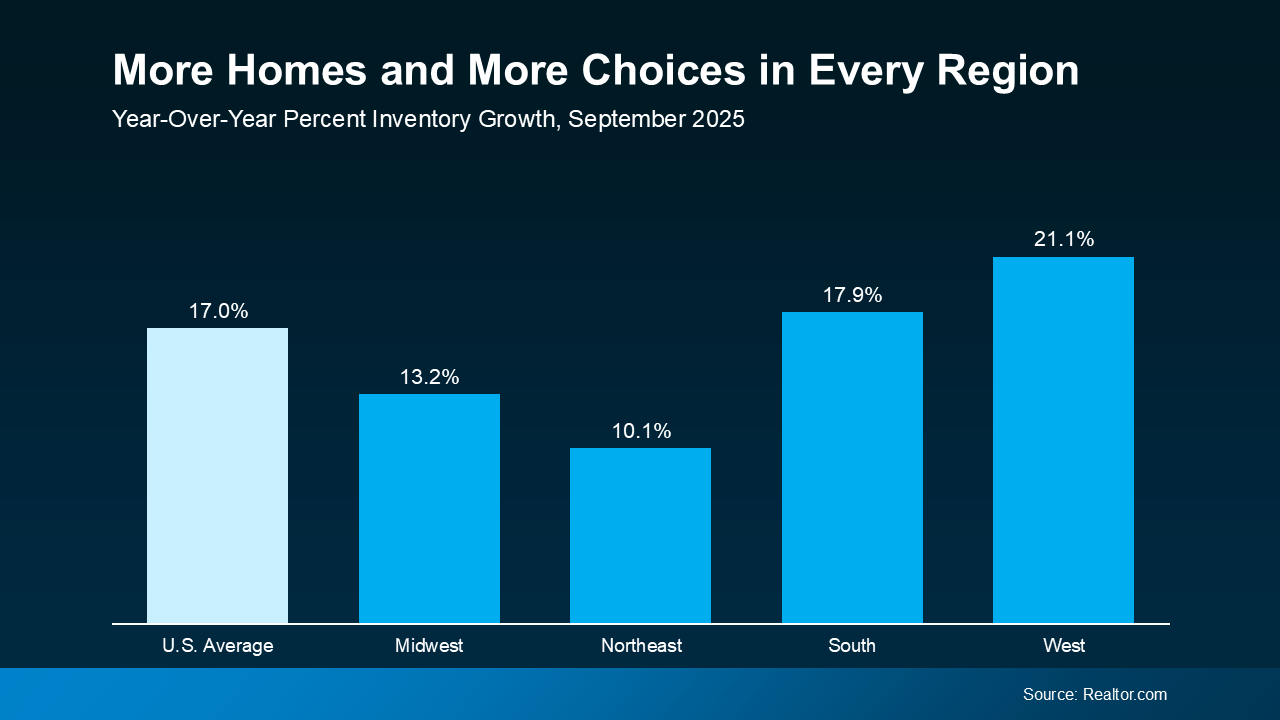

It's EASIER to Move When The Jones Team Has Your Back!
+1(847) 654-9776 | jones.team@bairdwarner.com
